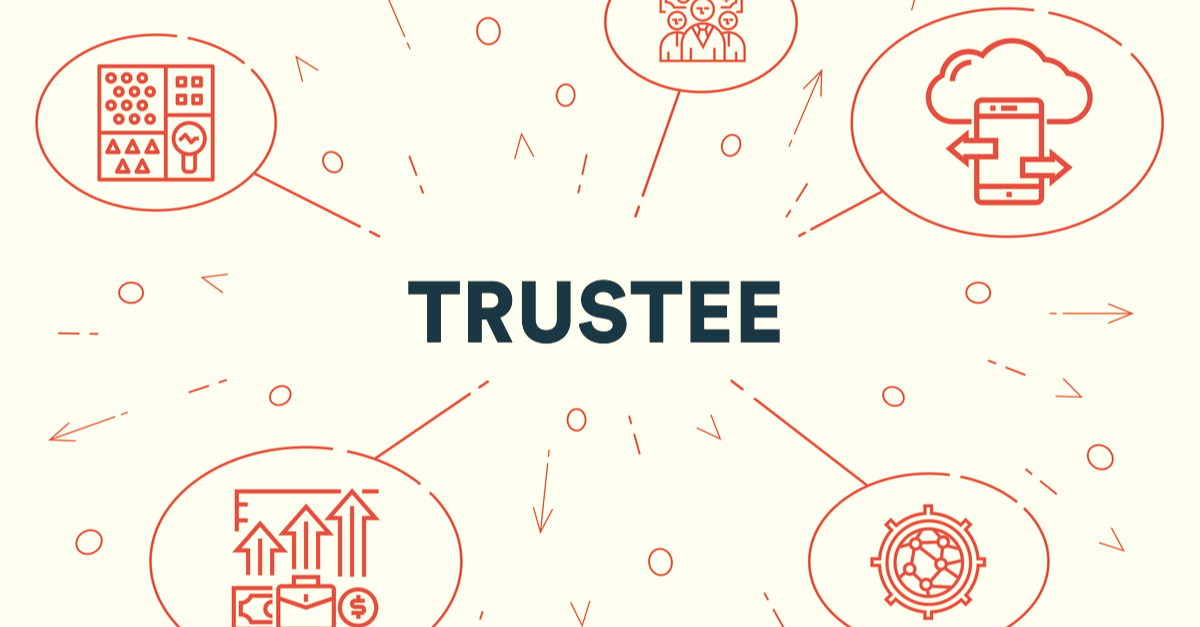
Within the past year, a combination of new legislation and the recent change of leadership in the White House and Congress stands to dramatically increase the taxes your loved ones will have to pay on inherited retirement accounts as well as increasing the taxes you owe on your taxable investments. However, purchasing life insurance may offer you the opportunity to minimize the effect of these developments.
To this end, if you hold assets in a retirement account, you need to review your financial plan and estate plan as soon as possible to determine if investing in life insurance or some other strategy may offer tax-saving benefits for you and your family. To help you with this process, here we’ll discuss how these new developments might affect the taxes owed by you and your heirs, and how investing in life insurance may help offset the tax impact of these new changes.
The SECURE Act
At the start of 2020, the Setting Every Community Up for Retirement Enhancement Act (SECURE Act) went into effect, and the new law effectively put an end to the so-called “stretch IRA.” Under prior law, beneficiaries of your retirement account could choose to stretch out distributions of an inherited retirement account over their own life expectancy to minimize the income taxes owed on those distributions.
Under the new law, however, most designated beneficiaries of inherited IRAs and similar tax-deferred qualified retirement accounts are now required to withdraw all of the assets from the inherited account—and pay income taxes on those withdrawals—within 10 years of the account owner’s death. Those who fail to withdraw funds within the 10-year window face a 50% tax penalty on the assets remaining in the account.
Democrats Take Control
The recent election of Joe Biden as President and subsequent Democratic takeover of the Senate will likely result in the passage of new tax legislation that could have a significant impact on your family’s financial and estate planning considerations.
Specifically, it’s likely that within the next two years Democrats will pass legislation aimed at eliminating many of the tax cuts enacted through the 2017 Tax Cuts and Jobs Act. As part of this legislation, we’re expected to see significantly lower federal estate tax exemptions, the elimination of the step-up in cost basis on inherited assets, as well as an increase in the top personal income and capital-gains tax rates.
One way you may be able to minimize the new taxes on both your tax-deferred retirement accounts and taxable investments is by investing in cash-value life insurance. Let’s break down exactly what this strategy might look like.
The New Role of Life Insurance in Your Estate and Financial Planning
Given the new distribution requirements for inherited IRAs, you should consider whether it makes sense to withdraw funds from your retirement account now, pay the tax, and invest the remainder in cash-value life insurance. From there, you can access the accumulated cash-surrender value of the life insurance policy income-tax free during your lifetime via tax-free withdrawals and/or loans. And upon your death, the payout of your life insurance policy would be income-tax free for your heirs.
By annually investing what you would otherwise put into tax-deferred retirement accounts into a cash-value life insurance contract, or by taking taxable withdrawals from your tax-deferred retirement accounts over time and reinvesting them in cash-value life insurance, you can effectively move these funds into a tax-free, rather than tax-deferred, investment vehicle.
This strategy could not only minimize the income taxes you pay over your lifetime, but it could also significantly reduce the tax bill imposed on your designated beneficiaries after your death, since life insurance proceeds are income-tax free.
Additionally, by investing a portion of your investable assets in cash-value life insurance, you can offset the effects of the proposed loss of income tax basis step-up upon your death, which we’re likely to see enacted through Democrat-backed legislation. What’s more, this strategy would also minimize your current income taxes on what otherwise would have been taxable income from your investments, as growth on investments inside a life insurance policy are not subject to income tax, including any capital gains.
Finally, if you stand to be affected by the proposed decrease of the federal estate-tax exemption, which is currently set at $11.7 million, by placing the life insurance policy inside an irrevocable life insurance trust, you can remove the death benefit paid out to your beneficiaries from your taxable estate. In doing so, you would still be able to access the cash value of the insurance policy during your lifetime, either via a so-called “spousal access trust,” if you are married, or via a traditional irrevocable life insurance trust, if you are not married.
Rethink Your Planning
Although the SECURE Act and the proposed new legislation stands to have an adverse effect on the tax consequences for your retirement and estate planning, investing in life insurance may offer you a valuable tax-saving opportunity. That said, you can only take advantage of this opportunity if you plan for it.
![]()








